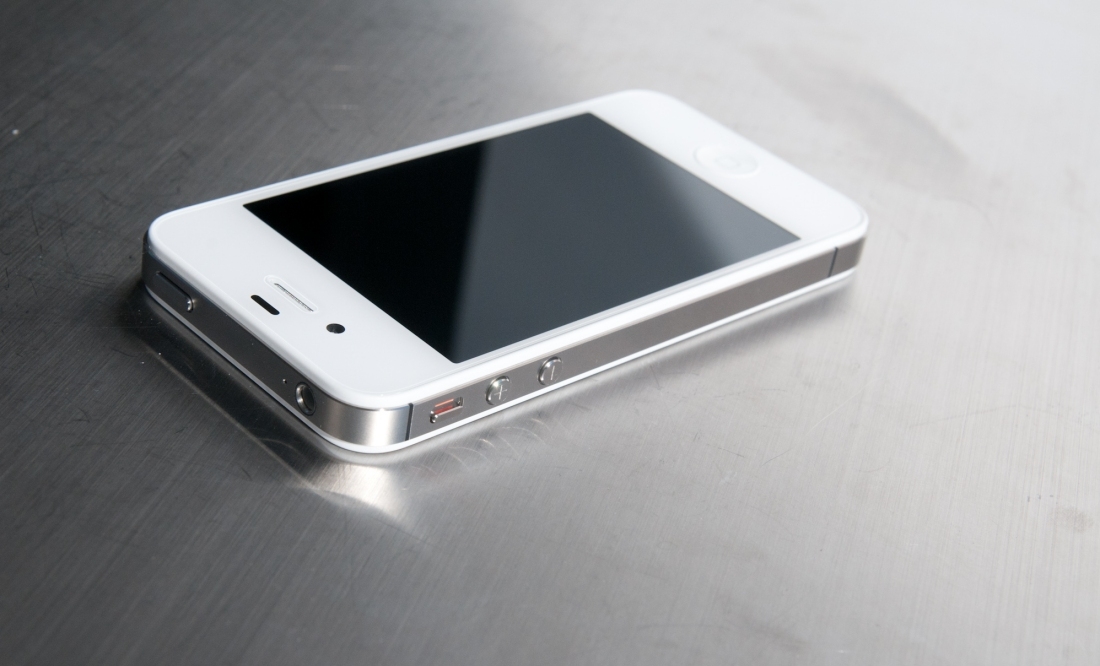Apple is on the receiving end of a class-action lawsuit from disgruntled iPhone 4s owners. The suit, filed by Chaim Lerman and more than 100 others, alleges Apple's iOS 9 update severely degraded the smartphone's performance both in terms of third-party apps and core functionality.
Lerman blames Apple for not warning users that the update would slow their phones to the point that it "disrupts everyday life." The complaint points to a section on Apple's website in which iOS 9 promises faster performance, improved security, convenient updates and longer battery life.
Without the option to roll back the update, the suit says iPhone 4s owners must either deal with a slow phone or shell out hundreds of dollars for a newer, faster iPhone in order to maintain their investment in Apple's app ecosystem. Plaintiffs are seeking more than $5 million in damages.

Lerman's argument isn't without merit as it is more or less common knowledge - at least, among technology enthusiasts - that older hardware struggles with newer software. In the case of iOS 9 (or Android 6.0 Marshmallow or Windows 10), the new software is optimized to run on the latest hardware and handle content that's far more complicated than what was around several years ago.
It's the same reason your 10-year-old computer seems to run much slower today than it did when it was brand new, even with a fresh OS install. The processor, RAM and graphics card didn't slow down - it's simply having to work harder to run today's complex programs and content.
Some have labeled this phenomenon as planned obsolescence, accusing Apple of intentionally making older phones perform slower so users will be more inclined to buy a new device. It's not the first time the company has been sued over the matter and it probably won't be the last. It'll ultimately be up for a judge to decide in this instance but at the very least, Apple and others could - and probably should - do a better job of conveying the fact that new software doesn't always jibe with old hardware.
Lead image courtesy AnandTech
